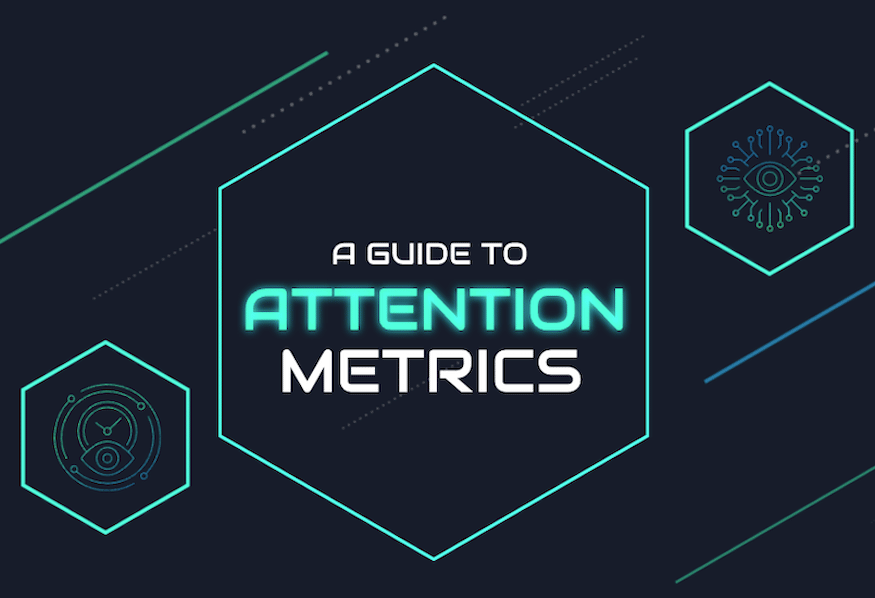As the holidays approach, the stress of shopping and getting the best deals is quickly starting to build. Due to the convenience of finding sales and deals with the click of a mouse, online shopping is now apparently more common than actually going into brick-and-mortar stores. Black Friday, and more importantly, its online counterpart Cyber Monday, dominate the post-Thanksgiving shopping landscape in the United States. But have they really taken off across the rest of the globe?
Without the association of Thanksgiving (and more notably, without the holiday off from work), Cyber Monday's rise in other countries might at first have seemed to be an unlikely prospect. But late November is close to Christmas across the globe, and who doesn't share a love of convenience and choice, not to mention saving money? Since the language of e-commerce is universal, the emergence of a global Cyber Monday probably shouldn't have surprised us at all.
From Brazil to regions including the United Kingdom, Sweden, Russia and Spain—even if the name Cyber Monday isn't widely known, or it's named differently—people will be logging in to shop 'til they drop on that day in late November.
In China, consumers celebrate “Singles Day,” or Double Eleven, just before the US Cyber Monday, on November 11 each year. The holiday really took off in 2009 when Alibaba, the Chinese eCommerce giant, made Singles Day an online sales day. In 2015, Alibaba ended what is now the world's biggest shopping day with sales of $14.3 billion.
So what does this new early peak in the Christmas shopping cycle mean for retailers?
Moving Toward a Cyber Monday Strategy
Whether you're a brand, advertiser or publisher—and especially if you're a retailer—the times call for a tailored, iterative approach to deal with this increasingly important event.
That might mean planning specific campaigns around Cyber Monday, using the wealth of data and targeting options now available programmatically. Or maybe an eye-catching and different approach to branding using high-impact or even native ads. With its peak in online sales, Cyber Monday also marks a peak in advertising demand. Both, as we all know, are increasingly led by mobile.
Under these conditions, retailers are wise to establish a central hub to collect learnings and share, review, and improve upon their strategies every year. This playbook approach can not only help retailers profit from the huge demand around such peak times, but also increase understanding of how to stand out and weather the increased cost of more in-demand ad spaces. Retailer gains in studying consumer behavioral and buying data on internal and external sites and apps can only enhance their reach.
If Cyber Monday continues to grow and develop in new and different regions, your global Cyber Monday strategy may play a big role in your future success. Even if it doesn't, your learnings from it can be applied to all types of other seasonal activity.
From Rome to Rio, they might not be eating Thanksgiving turkey and stuffing anytime soon, but if the offers are there, you can bet hungry consumers will all be shopping online.




